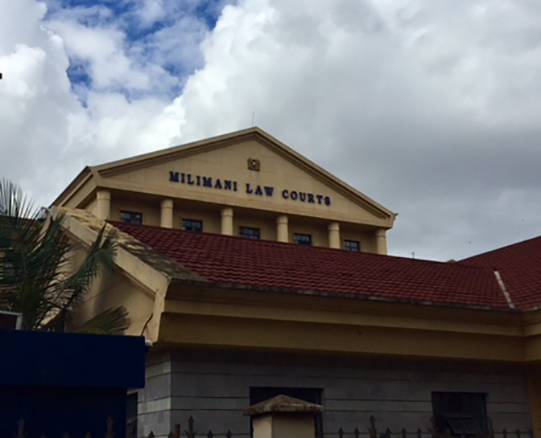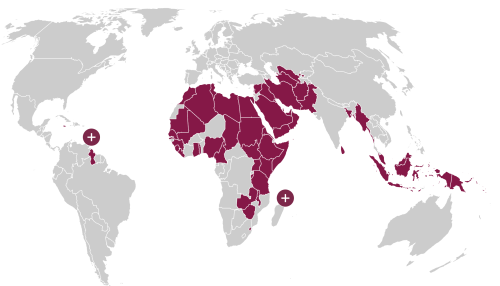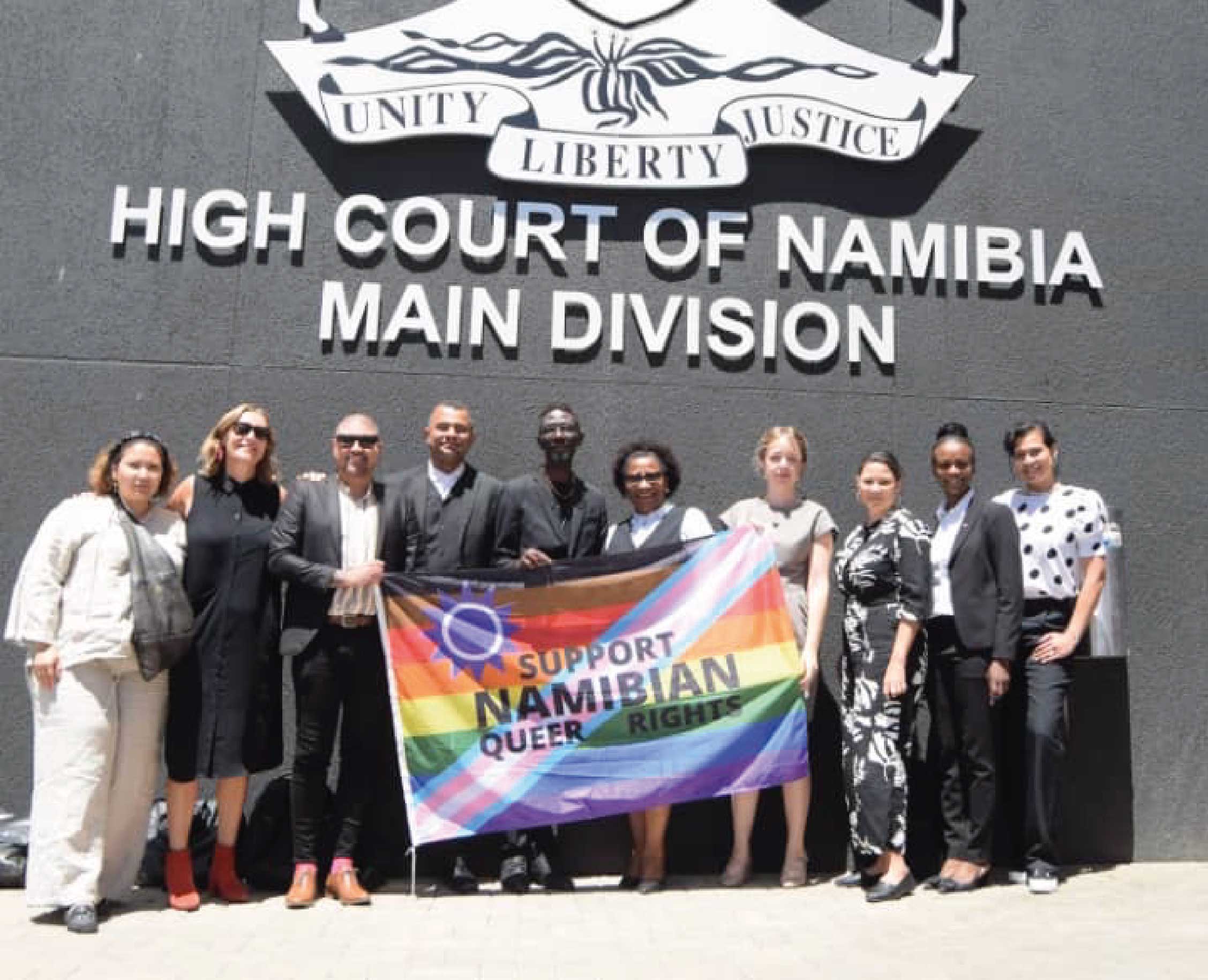As part of Copenhagen 2021, the Human Dignity Trust joined Executive Director of Unibam, Caleb Orozco and Southern Africa Litigation Centre’s Research and Advocacy Officer, Anna Mmolai-Chalmers to look back over the last ten years of litigation.
The panel highlighted the lessons that can be used to advance decriminalisation in the coming decade and showcased how litigation is being used to challenge criminalisation across the world. They answered important questions such what has worked and what hasn’t, what can be replicated, and when to use litigation and when to look to other strategies.
Caleb Orozco, Executive Director of Unibam commented on using his case to move the LGBT community forward: ‘People must understand that even if you win a case … the work must continue with pushing political leaders to do more and pushing our community to be more visible. That psychological shift is an important part of a charm offensive framework which is evolving as we move forward to transform the system and apply the theory of change to the lives of ordinary people.’
Where litigation can take a long time, if it is well publicised and shared with the public, it can contribute to infusing positive attitudes about other members of the community.
Southern Africa Litigation Centre’s Research and Advocacy Officer, Anna Mmolai-Chalmers spoke on the importance of changing public attitude and opinion during the litigation process: ‘The barometer that was done after the Botswana decriminalisation case was won showed a very distinct change in peoples attitudes towards LGBT people so it’s very critical. For cases where litigation can take a long time, if it is well publicised and shared with the public, it can contribute to infusing positive attitudes about other members of the community.’




